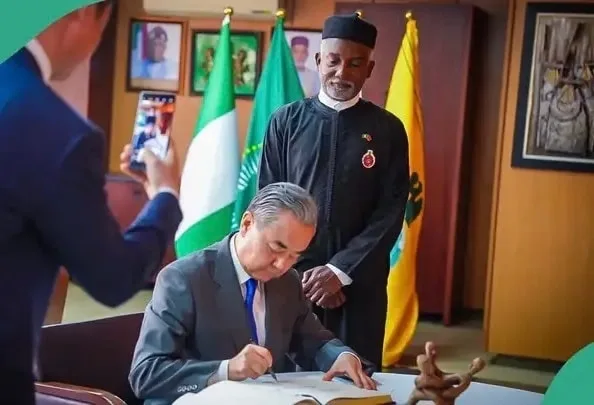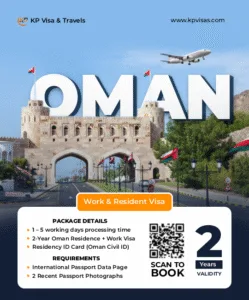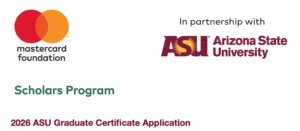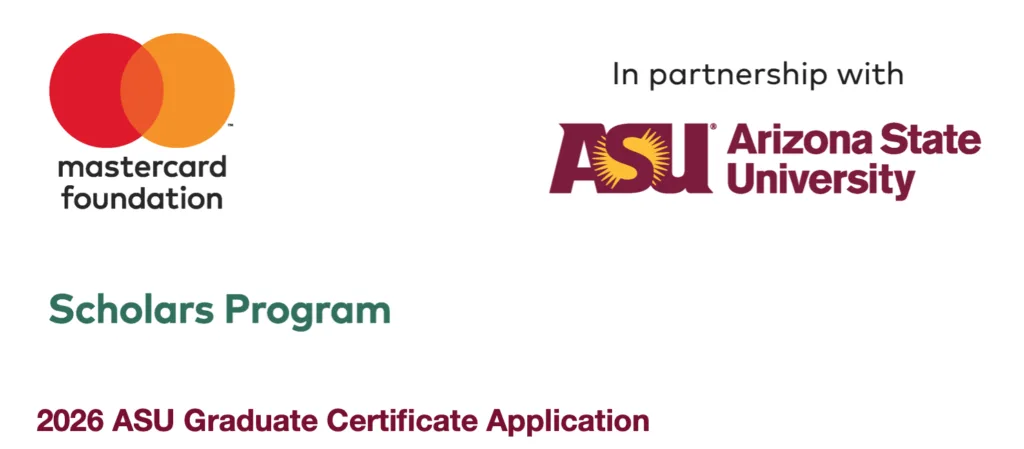Think back to a high school classroom: French or Arabic being taught in the language lab; students hesitating before speaking because their accents are shaky; teachers developing materials from scratch; some pupils wishing there were more modern, globally in‑demand languages offered. For many students in Nigeria, that scenario is about to get an upgrade.
In September 2025, the educational landscape in Nigeria saw a historic addition, the Chinese language, specifically Mandarin, has officially been integrated into the senior secondary school curriculum as one of the optional international languages. This step reflects Nigeria’s intent to broaden language options, bolster global competitiveness, and deepen diplomatic, cultural, trade ties with China.
📌 Read More
What Was Announced
The decision was made during the review of the national curriculum, and will take effect in the 2025/2026 academic session. Mandarin Chinese will join French and Arabic as optional foreign/international languages in Senior Secondary Schools across Nigeria.
The announcement came from Dr. Danlami Hayyo, Secretary of Education for the Federal Capital Territory (FCT), at the inauguration of the 14th “Chinese Corner” at Government Secondary School, Tudun Wada, Abuja. The “Chinese Corners” are cultural and educational hubs (classrooms/spaces) in schools, established in collaboration with the Chinese Embassy and China Civil Engineering Construction Corporation (CCECC). These corners serve to promote language learning and cultural exchange. Supporting materials (books, teaching aids) have been donated by the Chinese Embassy, and there are plans or ongoing efforts for capacity building for teachers.
Why It Matters: Potential Benefits
1. Global Competitiveness & Opportunities: Mandarin is one of the most widely spoken languages globally. In commerce, diplomacy, business, technology, and education, China occupies a central role. Proficiency in Chinese may open doors to scholarships, international partnerships, trade, foreign direct investments, and better job prospects.
2. Cultural Exchange & Diplomacy: The move strengthens Nigeria‑China relations. The “Chinese Corners” create spaces for cultural exposure, helping students understand China’s culture, values, arts, and perhaps increasing mutual understanding. These kinds of soft diplomacy tools can foster goodwill.
3. Language Diversity & Educational Enrichment: Offering more language options is inherently enriching. It gives students options beyond French/Arabic, which have been dominant. It can promote linguistic agility, cognitive benefits, and maybe support diversified educational paths.
📰 Similar Posts
4. Strategic Education Reform: Including Mandarin reflects broader curriculum reform and modernization. It suggests that Nigeria is positioning its education policy to align with global trends not just in languages but in international collaboration, trade, and culture.
Challenges & Things to Watch
While this change is promising, there are several challenges and issues that will need attention to ensure successful implementation:
- Teacher Training & Capacity: Learning a language well requires good teachers. Nigeria will need enough qualified Mandarin teachers, or train existing foreign language teachers. The quality of instruction will be key.
- Curriculum Development & Materials: Textbooks, curricula, assessments, and teaching resources specific to the Nigerian context are necessary. Cultural adaptation matters: Mandarin textbooks designed for China might need modifications for Nigerian learners.
- Funding & Infrastructure: Schools will require infrastructure, classrooms, audio‑visual aids, possibly lab equipment, teacher resources. Ensuring materials are available across all states, not just in the FCT, will be important.
- Student Interest & Uptake: Just because a language is available doesn’t mean many students will choose it immediately. Encouraging uptake will probably require awareness‑raising, showing practical benefits, possibly incentives.
- Consistency Across Regions: Nigeria is diverse and decentralized in many respects. Ensuring that states outside the FCT follow through and provide Mand arin consistently will be a test.
- Assessment & Certification: How will exams be designed? Will there be standardized exams for Mandarin? Will certificates be recognized locally and internationally?
How It’s Being Rolled Out
The approved curriculum revision was confirmed in a circular dated September 8, 2025, by the Nigerian Educational Research and Development Council (NERDC). The implementation begins in the 2025/2026 academic year. The FCT has led in this through its “Chinese Corners” initiative, which has been in existence since 2013. There are now 14 such corners in the FCT. These serve as pilot sites or models.
Globally, there is rising interest in Mandarin Chinese as a foreign language in education systems outside Asia. Many African countries are introducing or expanding Chinese language instruction, due to increasing China‑Africa ties in trade, infrastructure, technology, culture. Within Nigeria, there has been growing demand for foreign language alternatives, especially languages that grant economic advantages. Mandarin is viewed by many as one of those because of China’s global economic footprint.
The “Chinese Corner” model (cultural corners, language hubs) mirrors educational diplomacy efforts worldwide. These help support foreign language growth, cultural awareness, and soft power.
Potential Impacts: What Students, Parents, Schools Can Expect
- Students who choose Mandarin may gain new scholarship opportunities (for example in Chinese universities). Schools might host exchange programs.
- Parents and communities may need to support extra costs (books, possibly private lessons) or to encourage language learning at home.
- Schools will need to integrate Mandarin into timetables, ensure teachers are available, perhaps adjust teaching loads.
- Over time, as more students study Mandarin, there may be a ripple effect: more interest in Chinese cultural content, more business/cultural interaction between Chinese firms and Nigerian students.
The inclusion of Mandarin Chinese in Nigeria’s Senior Secondary School Curriculum is a breakthrough development, one that can reshape educational opportunities, strengthen international ties, and enhance career prospects for Nigerian students.
If you are a student, parent, teacher, or school administrator wondering how this affects you:
Students: Explore whether your school will offer Mandarin, and consider selecting it if possible. Even if it’s optional, mastering a major global language can give you an edge.
Teachers: Seek out professional development opportunities in Mandarin instruction. Watch for training programs announced by education boards or in partnership with Chinese institutions.
Schools/Administrators: Begin preparing infrastructure: textbooks, teaching materials, trained staff. If you’re located outside FCT, push for equitable rollout.
Policymakers & Supporters: Ensure adequate funding, teacher training, assessment standards, and monitoring are in place so the policy doesn’t remain merely on paper.
If you need more information about obtaining teaching materials, setting up a Mandarin language program in your school, understanding how exams will work, or finding training for teachers, contact us for further enquiries. We can connect you to resources, support networks, and help ensure this language policy translates into real, meaningful opportunities.





































No responses yet